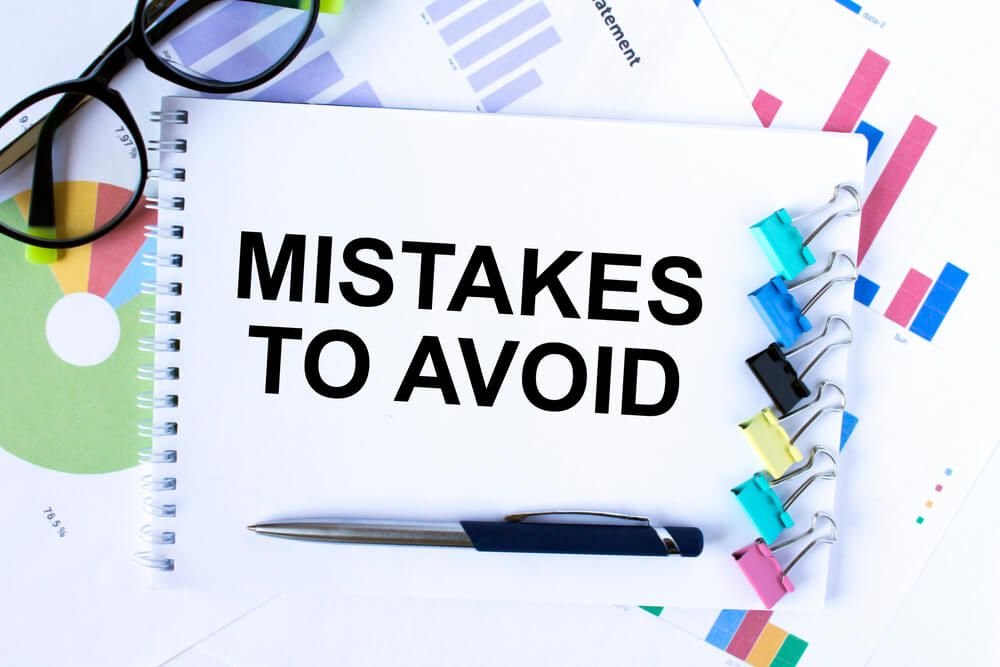Introduction
Applying for a visa to work, study, or settle abroad is an exciting yet challenging process, often culminating in the visa interview. This interview is a critical part of your visa application where an immigration officer evaluates your eligibility, intentions, and credibility. While many applicants feel anxious or uncertain about this stage, thorough preparation and understanding of the process can greatly increase your chances of success. In this detailed guide, we will explore everything you need to know about preparing for your visa interview — from understanding the purpose and expected questions to practical tips on presentation, documentation, and post-interview procedures. Whether you are applying for a student visa, work visa, or any other category, this comprehensive blog will help you approach your interview with confidence and professionalism.
Understanding the Visa Interview Process
Before diving into preparation strategies, it’s essential to understand the objective behind the visa interview. Unlike other parts of the visa application, the interview allows the visa officer to interact directly with you and assess:
- The authenticity of your application and documents
- Your intentions for visiting or staying in the country
- Your financial capability to support yourself during your stay
- Your ties to your home country, indicating your likelihood to return
The interview is not merely a formality; it’s an opportunity for the consular officer to ensure you meet all legal and procedural criteria. Therefore, approaching the interview as a professional and honest conversation rather than a test can help ease anxiety.

Step 1: Gather and Organize Your Documents
One of the most important aspects of interview preparation is having all required documents ready and well-organized. Missing or disorganized paperwork can lead to delays or even visa denial. Here’s a detailed list of commonly required documents:
- Valid Passport: Must be valid for the duration of your intended stay and beyond, in many cases.
- Visa Application Form: Printed and filled out correctly, with the appointment confirmation slip.
- Financial Proof: Bank statements, salary slips, sponsorship letters, or affidavits demonstrating your ability to fund your stay.
- Job Offer or Admission Letters: Official documents proving your acceptance or employment abroad.
- Educational Certificates: Degrees, transcripts, and professional qualifications relevant to your visa type.
- Travel Itinerary: Flight bookings and accommodation details, if available.
- Previous Visa Copies: If you have traveled internationally before, bring these as evidence of your travel history.
- Additional Supporting Documents: Any other papers requested by the consulate based on visa category, such as medical reports, police clearance, or proof of ties to your home country.
Keep these documents in a neat folder, arranged logically so you can quickly retrieve them during the interview. Some applicants even prepare a checklist to ensure nothing is overlooked.
Step 2: Research and Practice Common Interview Questions
Visa officers typically ask questions to verify the consistency and truthfulness of your application. While the exact questions vary based on visa type and country, some common queries include:
- What is the purpose of your visit?
- Why have you chosen this country specifically?
- How will you finance your stay?
- Do you have family or friends in the destination country?
- What are your plans after completing your stay or education?
- How will this experience benefit your career or personal development?
Practicing clear, concise, and truthful answers is essential. Avoid memorizing scripts, which can sound rehearsed or unnatural. Instead, focus on understanding the questions and preparing key points you want to convey. Mock interviews with friends, family, or professional consultants can greatly improve your confidence and communication skills.
Step 3: Dress Professionally and Arrive Early
First impressions play a significant role in your interview’s outcome. Dressing appropriately — typically in formal or business casual attire — signals respect and seriousness. Avoid overly casual clothing, flashy accessories, or anything that may distract the interviewer.
Plan to arrive at the embassy or consulate well ahead of your scheduled appointment time. Arriving early helps you relax, complete security checks, and mentally prepare. It also demonstrates punctuality, an attribute appreciated by visa officers.
Step 4: Approach the Interview with Honesty and Confidence
During the interview, honesty is paramount. Answer all questions truthfully and avoid providing conflicting or vague information. Visa officers are trained to detect inconsistencies and may ask follow-up questions to clarify your responses.
Confidence, not arrogance, helps create a positive impression. Speak clearly, maintain eye contact, and be polite. If you do not know an answer, it’s better to admit it than to guess or provide misleading information.
Step 5: Emphasize Strong Ties to Your Home Country
One of the primary concerns for visa officers, especially for temporary visas, is whether you intend to return to your home country after your authorized stay. Strong ties can include:
- Immediate family members residing at home
- Property ownership or ongoing leases
- Permanent employment or business commitments
- Educational pursuits or other long-term plans
Prepare to articulate these ties clearly during your interview. Demonstrating your rootedness assures officers that you are less likely to overstay or violate visa terms.
Step 6: Manage Stress and Stay Polite Throughout
Interviews can be stressful, but staying calm and composed is crucial. Practice deep breathing techniques or positive visualization before your interview to reduce anxiety.
During the interview, listen attentively to questions, don’t interrupt, and take a moment if you need to gather your thoughts before answering. Maintain a polite and respectful demeanor, regardless of the officer’s tone or questions.
Step 7: Prepare for Additional or Unexpected Questions
Sometimes, officers may ask unexpected or detailed questions to assess your credibility. Be prepared to explain:
- Your choice of educational institution or employer
- Your career goals and how the overseas experience fits into them
- Specific details about your funding sources
- Any gaps or changes in your education or employment history
Having well-thought-out answers ready can help you handle these questions confidently.
Step 8: Follow Up and Respond Promptly
After the interview, you might be asked to submit additional documents, undergo medical examinations, or wait for processing. Respond promptly to any requests from the embassy to avoid unnecessary delays.
Keep track of your application status through official channels and remain patient. Visa processing times vary based on country and visa type.
Additional Tips for Different Visa Categories
Student Visas
- Clearly explain your study plan and how the program aligns with your career goals.
- Demonstrate your intent to return home after studies.
- Provide evidence of funds to cover tuition and living expenses.
Work Visas
- Present a valid job offer and explain how your skills meet the employer’s needs.
- Show understanding of your role and the company’s profile.
- Emphasize your commitment to complying with visa regulations.
Tourist Visas
- Clarify your travel itinerary and purpose of visit.
- Provide proof of accommodation and return tickets.
- Show strong ties to your home country to prove you will return.
Common Mistakes to Avoid
- Arriving late or unprepared
- Providing inconsistent or false information
- Becoming defensive or argumentative
- Failing to bring all required documents
- Dressing inappropriately or appearing unprofessional
Avoiding these mistakes can make a significant difference in your visa interview outcome.

Conclusion
Preparing for your visa interview is a multi-step process that requires thorough organization, honest communication, and a calm mindset. By understanding the purpose of the interview, preparing your documents meticulously, practicing your answers, and presenting yourself professionally, you greatly increase your chances of obtaining your visa successfully.
If you feel uncertain or want personalized assistance, partnering with experienced agencies like Welcare Overseas can provide invaluable support, from mock interviews to document review and tailored advice based on your visa category.
Embark on your overseas journey with confidence and preparation — your dream opportunity awaits!
